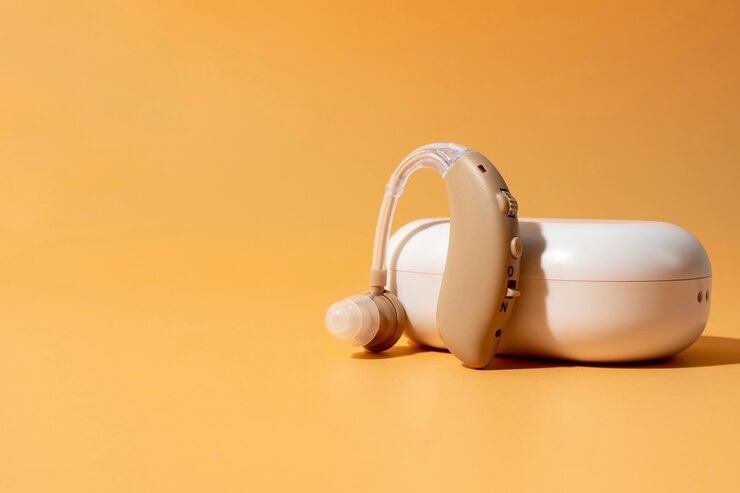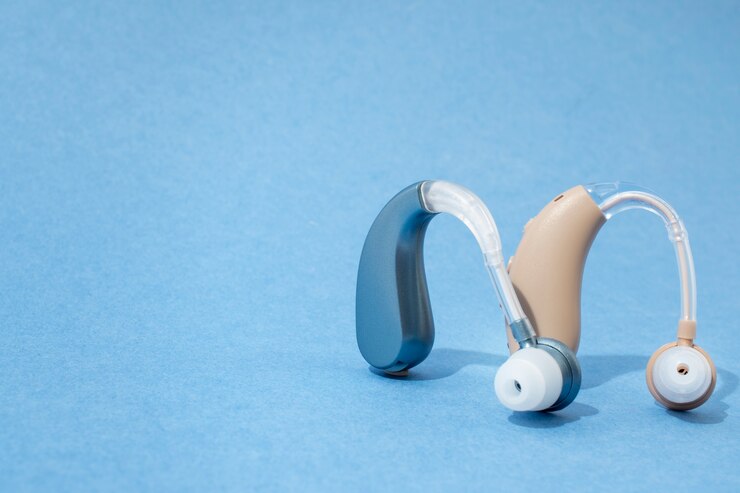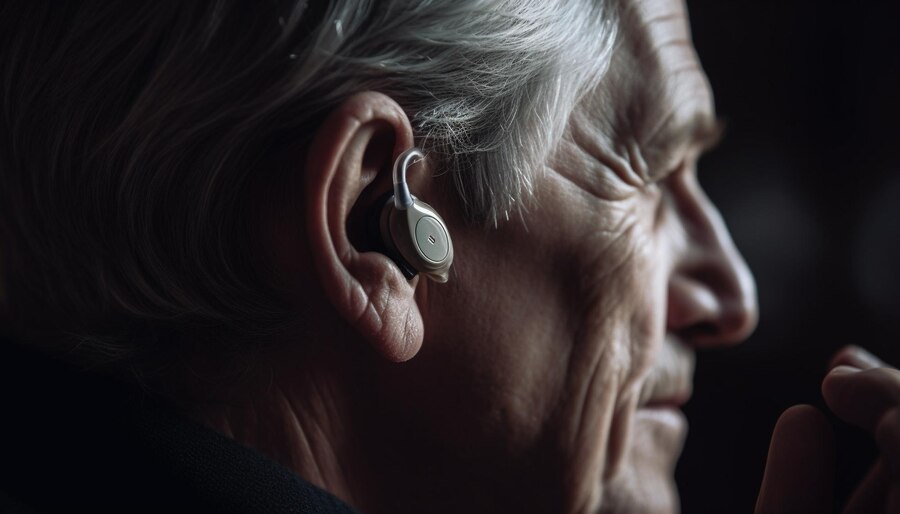How Does Health Insurance Coverage Work In 2023 For Hearing Aids
In the ever-changing world of healthcare, technological developments and increased awareness of the significance of hearing health have reshaped hearing aid coverage. In 2023, hearing aid insurance coverage will be more accessible and inclusive than ever before. This blog will help you to examine how insurance coverage for hearing aids has evolved to meet the requirements of individuals with hearing loss and provide valuable guidance on navigating this aspect of your healthcare in the year 2023.
Changing Aspects of Hearing Health

Hearing impairment is a widespread problem affecting millions of individuals worldwide. The realization that hearing aids can significantly impact an individual’s quality of life has led to a huge change in perception. Hearing aids are no longer regarded as a luxury item but rather as essential medical devices for those with hearing impairments.
Realizing Insurance Coverage
In 2023, the insurance coverage for hearing aids has witnessed significant changes, making it more accessible to a larger population.
Here’s how it generally works:
Hearing Evaluations and Tests: Most insurance plans cover the cost of hearing
evaluations and tests. These tests are essential for diagnosing hearing loss and determining the best treatment plan.
- Diagnostic Services: Once hearing loss is confirmed, insurance plans typically cover the costs associated with diagnostic services, such as consultations with audiologists or ear, sinus, and throat specialists.
- Hearing aids: Hearing aids may be partially covered by insurance policies. Depending on your specific plan, the coverage can vary considerably. Some programs may offer a fixed amount, whereas others may offer a percentage of the total cost.
- Technology levels: Insurance coverage for hearing aids may vary based on the technology level of the devices. Premium models with sophisticated features may have limited coverage, whereas basic models may have a more extensive range.
- Networks of Hearing Healthcare Providers: Many insurance plans have preferred networks of hearing healthcare providers. Using a provider within your network can help you maximize your insurance benefits.
- Prior Authorization: Before obtaining hearing aids, some insurance plans may require prior authorization. Please consult your insurance provider and adhere to their specific procedures.
- Out-of-Pocket Expenses: Despite insurance coverage, there may still be out-of-pocket expenses, such as co-payments, deductibles, or coinsurance. It is necessary to comprehend these costs and budget accordingly.
- Coverage Frequency: There may be restrictions on how insurance policies cover
- hearing aid: Check your plan for any waiting periods or frequency limitations.
Protecting Your Hearing Health

While insurance coverage for hearing aids has improved in 2023, it is essential to advocate for your hearing health and be proactive.
Here are some guidelines to assist you in navigating the process:
- Examine Your Insurance Policy: Learn the specifics of your insurance plan, including coverage limits, provider networks, and pre-authorization requirements.
- Consult with a group of experts: Seek advice from audiologists or hearing healthcare providers who can assist you in understanding your options and maximizing your insurance benefits.
- Consider Additional Insurance: In some instances, hearing aid-specific supplemental insurance plans or supplements may be available to provide additional coverage.
- Investigate Financial Aid: If insurance coverage is limited, investigate other resources such as state programs, non-profit organizations, and manufacturer discounts to help defray costs.
- Advocate for Policy Changes: Engage advocacy groups and policymakers to support initiatives that increase hearing aid coverage and affordability.
Insurance Plans That May Cover Hearing Aids
- Hearing aids: Hearing aids may be covered by health insurance plans, primarily when a medical condition causes hearing loss.
- Medicare: Medicare Part B may cover hearing examinations for diagnostic purposes, but traditional Medicare does not cover the cost of hearing aids.
- Medicaid: Medicaid policies vary by state, and some states cover hearing aids for eligible beneficiaries of Medicaid.
- Private Health Insurance Plans: Numerous private insurance plans offer hearing aid coverage as a standard benefit or an optional add-on.
The conclusion
In 2023, hearing aid insurance coverage has evolved to recognize the critical role these devices play in enhancing the quality of life for individuals with hearing loss. By comprehending the complexities of your insurance plan and taking a proactive approach to your hearing health, you can ensure that you receive the assistance you need to navigate the soundscape of life confidently. As the world continues to evolve, so does the landscape of healthcare, and today, more people than ever before have access to improved hearing.
While developments have been made in improving insurance coverage for hearing aids in 2023, the landscape remains dynamic and complex. It is essential to keep updated on policy changes, consult with healthcare professionals, and advocate for comprehensive hearing healthcare.
Understanding your insurance coverage and proactively exploring your options can significantly improve your ability to access and afford the hearing aids you need to live a fulfilling life. Stay informed, ask inquiries, and give hearing health a top priority.


















